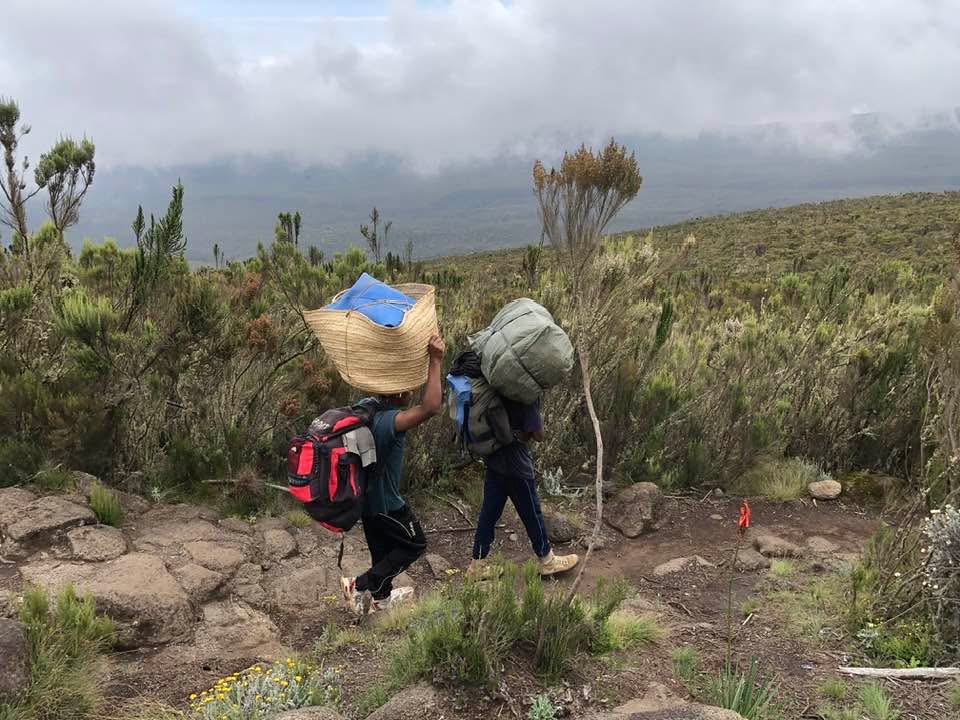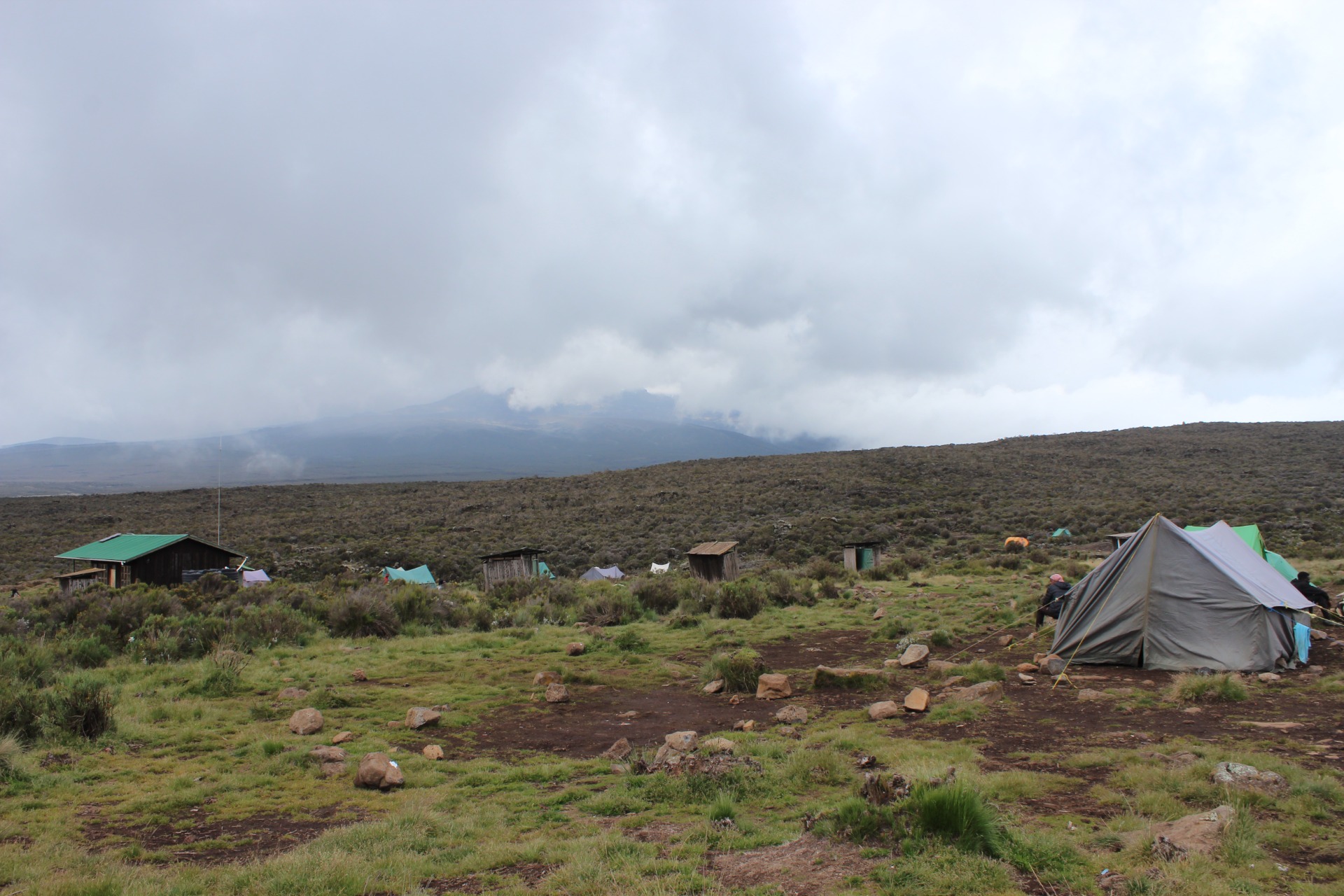Trekking Advice
Trekking Advice and Informations

Packing for Kilimanjaro:
Here is a list of some of the things that you need to include when packing for your trek:
Good quality trekking boots (worn-in before your trek to ensure a good fit)
Trekking socks (merino wool socks are very good)
Waterproof wind jacket
Waterproof trekking trousers (those which can be converted into shorts are useful)
Base layers - tops and bottoms (we recommend merino wool garments)
Down jacket (this is essential for the summit night)
Wind breaker
Hat or cap
Warm hat or balaclava (for the summit night)
Gloves
gaiters
Sunglasses with filters suitable for glaciers as the sun reflecting of the glaciers is incredibly strong
Trekking poles
Water bottle, thermos and hydration bladder
Electrolytes
High energy and protein bars
Trainers or open toe shoes for wearing at the camp (after wearing trekking boots the whole day, you will want to allow your feet to rest)
Tshirts and mid-layer tops
Fleece jacket
Head lamp + spare batteries
Sun screen
Sleeping bag adequate for sub zero temperatures
Please note that this is just for guidance and the above list should be adapted to everyone's personal requirements.
There is an option of hiring a private portable toilet which can be used at each camp, otherwise there are public toilets available. If you chose to hire a portable loo, there will be on emote potter needed in your crew to carry and take care of the toilet.
Health-related preparation:
Before travelling to Tanzania, please ensure that you speak to your doctor or a travel nurse. There are several vaccinations needed, one of the being the yellow fever for which you will need the yellow fever certificate (on the arrival this needs to be shown to the immigration official).
Malaria tablets will also be needed. Hydration on the mountain is essential and we therefore recommend using the electrolytes that you can dissolve in your water; this will help (but not definitely avoid) to prevent the altitude sickness and other altitude-related problems.
It is essential that during your climb you always share your concerns with your guide who will be able to asses whether you can continue or whether more acclimatisation is needed - after all, the main priority is your safety.
The crew
You will be looked after by a crew of porters, guides and cooks during your trek - the number of the people involved always depends on the number of the climbers, the route chosen, etc but for one tourist there would be 6 or 7 people needed.
Things to remember about your crew
* always follow the advice of your guide, they are there to ensure you have a safe and enjoyable experience on the mountain. They will also address any concerns you might have
* our cook will do their best to accommodate different dietary needs but these need to be advised in advance
* everyone in your crew is contributing to your safe trip, and even though in most cases the porters will only speak Swahili, you will meet all member of your crew during your trek, but most of the time you will not see them as they will be leaving the camps after you (after packing it all up) and will be at the next destination before you (to ensure its all set up for your arrival).

